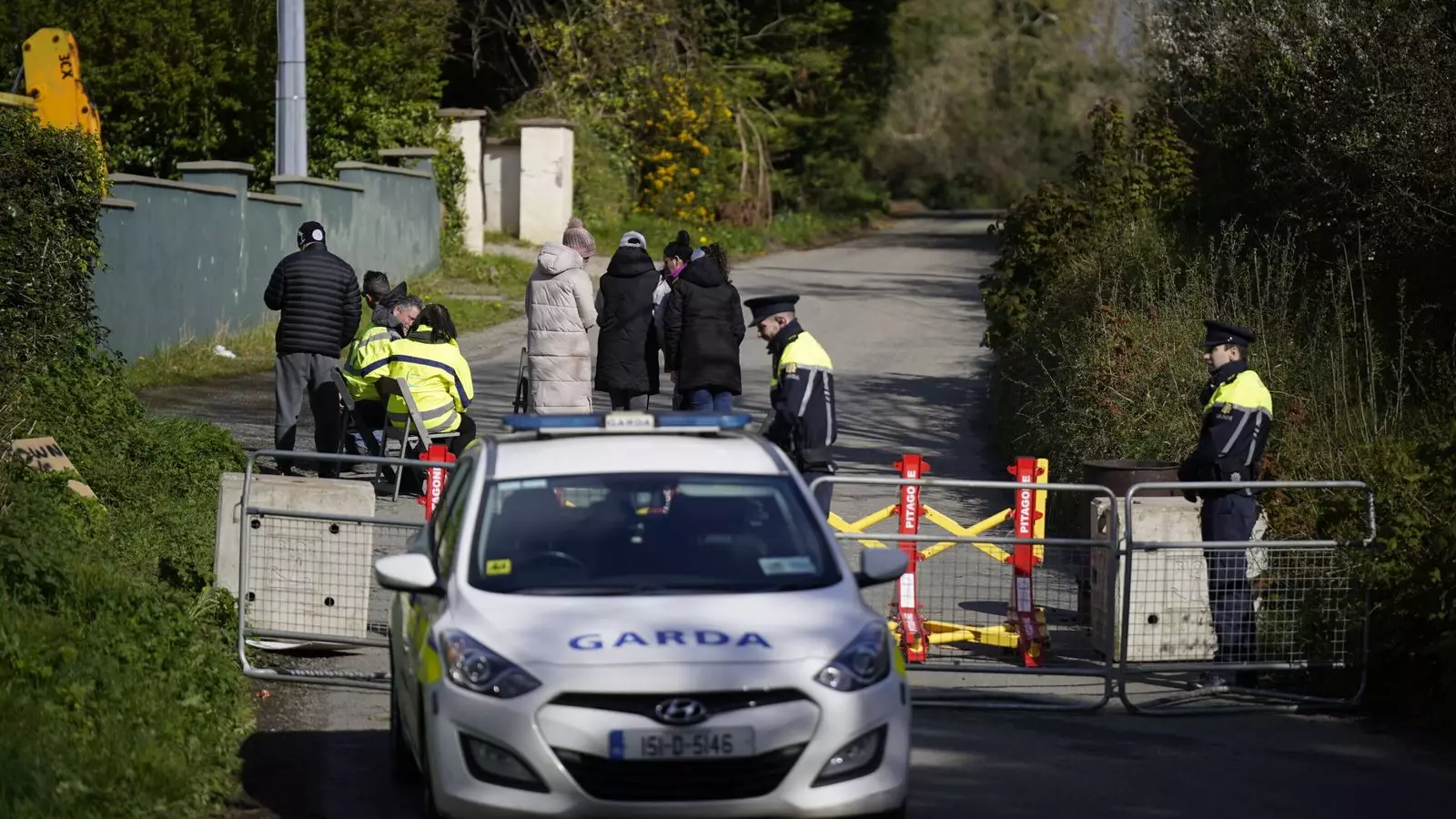The recent passing of the Rwanda Bill in the UK, which mandates deporting asylum seekers to Rwanda regardless of the outcome of their applications, has sent shockwaves throughout the migrant community. Ireland’s deputy prime minister, Micheal Martin, has highlighted the significant impact this policy has had on migration patterns, with many preferring to seek refuge in Ireland rather than risk being sent to Rwanda. This shift in migration routes is a direct result of the fear instilled by the harsh deportation measures being implemented in the UK.
The alarming developments in the UK have raised serious human rights concerns, prompting many asylum seekers to redirect their journey towards Ireland. The prospect of being deported to Rwanda, a country with a troubled past and uncertain future, has forced migrants to seek sanctuary in Ireland and other European countries where they feel safer and more protected. The need for a fair and humane asylum system has never been more pressing, as migrants continue to face threats of deportation and mistreatment.
Challenges and Tensions in Ireland’s Immigration Landscape
The influx of asylum seekers into Ireland has sparked tensions and challenges within the country, particularly in light of the ongoing housing crisis. Asylum seekers are not only seeking shelter and protection but also facing resistance and backlash from some local communities. The recent protests in Newtownmountkennedy highlight the frustrations and concerns surrounding the accommodation of asylum seekers in already strained communities. The clashes between protesters and authorities demonstrate the deep-rooted issues facing Ireland’s immigration landscape.
Misinformation and the Need for Clear Communication
Justice minister Helen McEntee’s comments regarding the misinformation surrounding migration underscore the critical need for clear and accurate communication on the issue. The dissemination of false information and the lack of understanding about the asylum process only serve to exacerbate tensions and fuel anti-immigrant sentiments. It is essential for government officials and the media to provide accurate information and context to dispel misconceptions and promote a more informed debate on migration.
In the midst of growing tensions and challenges, justice minister Helen McEntee’s promotion of the EU Migration and Asylum Pact as a “game changer” highlights the potential for unity and cooperation in addressing migration issues. By opting into this pact, Ireland can join forces with other European countries to develop a more coordinated and humane approach to migration. The pact represents an opportunity to streamline asylum procedures, enhance protection for migrants, and foster solidarity among EU member states.
The shifting migration patterns and the challenges facing Ireland’s immigration system underscore the need for a balanced and compassionate approach to asylum seekers. By addressing the root causes of migration, promoting clear communication, and fostering cooperation at the European level, Ireland can navigate the complexities of migration more effectively and uphold its commitment to human rights and social justice.


Leave a Reply